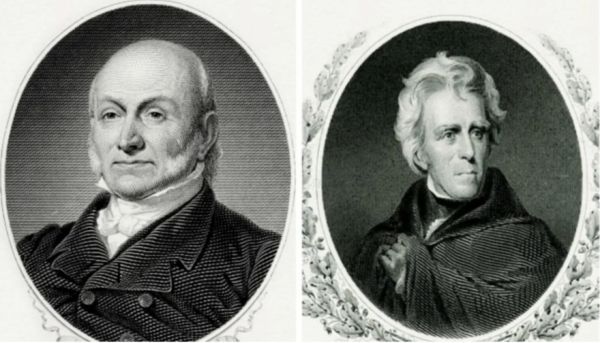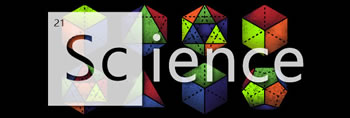
Being the first modern democracy, the United States ended up with some weird kinks in our governmental framework. Sure, we can change the Constitution, but we have so many people now that it's hard to get them to agree on anything. The battle between Andrew Jackson and John Quincy Adams shows how the best laid plans of our Founding Fathers can go wrong.
One of the reasons we only have two major political parties is that you can't get to the 50% "magic number" of electoral votes when there are more than two major candidates. In the election of 1824, there were four presidential candidates who got a substantial number of votes, although they were strangely all from the same party. Andrew Jackson got more votes than any of them, and more electoral votes, too, but he didn't reach the then-required 131 electoral college votes. So the election was thrown into Congress. When the dust settled, John Quincy Adams was declared president. How did that happen? Mental Floss explains the shenanigans that went on behind the scenes of the election of 1824.






Commenting on Neatorama will earn you NeatoPoints!